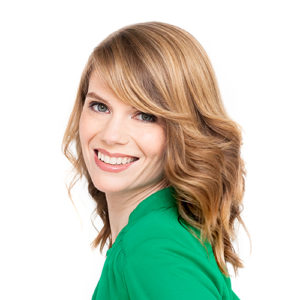Have you tried to get organized in the past, only to have the clutter come back when family members refused to use the new systems you created? Working as a professional organizer for the last 11 years, I have found that one of the biggest factors in determining whether a newly organized space will still be pretty organized a year later is how much buy-in the client has received from the family. Is your family on board with getting organized? Are they also bothered by the clutter and ready to do something about it? Because if they aren’t, they can undo all of your hard work of getting organized in just a matter of weeks.
These are some of the things I recommend you do and discuss with your family when trying to get them on board with your organizing goals. Not all of them will apply to you, particularly if you have young children under the age of 6:
Talk to the family and get their feedback about what’s NOT working. Running late in the morning because you can’t find things? Stepping on things and breaking them? No room to sit together at the dining room table? What exactly are the problems you are trying to fix? Do they agree these are problems?
Sometimes it can help to show family members pictures of what you wish your rooms could look like. Some people are really visual and can’t understand what you are talking about unless you show them a picture.
How do you want to approach organizing? Do you want to try a particular method like Marie Kondo, Swedish Death Cleaning, or a 30-Day Challenge? Do you want to hire a professional organizer to work alongside you and guide you through the process every step of the way? Do some research, read some books, watch the Marie Kondo show, see what method might work best for your family. It’s important to get on the same page about this because different solutions will require differing amounts of time and energy from your family members.
Consider individual difficulties that might make it difficult for certain family members to get or stay organized. In particular, I’m thinking of ADHD, where it might be hard for an individual to break a big task down into small chunks and/or stay focused long enough in order to complete each chunk. Aging issues might make it hard for someone to see or difficult for them to move heavy things around. A learning disorder might make it hard for someone to read labels or categorize a large mass of things. A professional organizer will know of multiple strategies for accommodating these sorts of physical or cognitive differences.
Once you declutter and get your rooms organized, are your family members willing to put in a bit of effort to start putting things away at the end of the day? Is the family on board with a nightly 15-minute clean-up? Maybe you can entice them with a family prize of some sort (movie? pizza?) on the weekend for 5 weekdays of clean-up.
If they are not on board with your organizing efforts, then focus on organizing just your own space, like your bedroom closet, for now. Sometimes when a reluctant family member sees how convenient and attractive a newly organized space is, it can inspire them to want to get organized themselves.
A big organizing project requires a lot of time and energy, maybe even money. You will want to make sure that anyone using the space is on board with the changes you want to make in order to protect this investment you are about to make. Please feel free to reach out to us here at reSPACEd to see if we can make your project easier and faster for you and your family. We are always willing to lend a hand!
Like this post? Then like our Facebook page or follow us on Instagram or Pinterest. In need of professional organizing services in the Portland, Beaverton or Lake Oswego area for your home or office? Contact us for a low-cost assessment and get an estimate on your project here.

